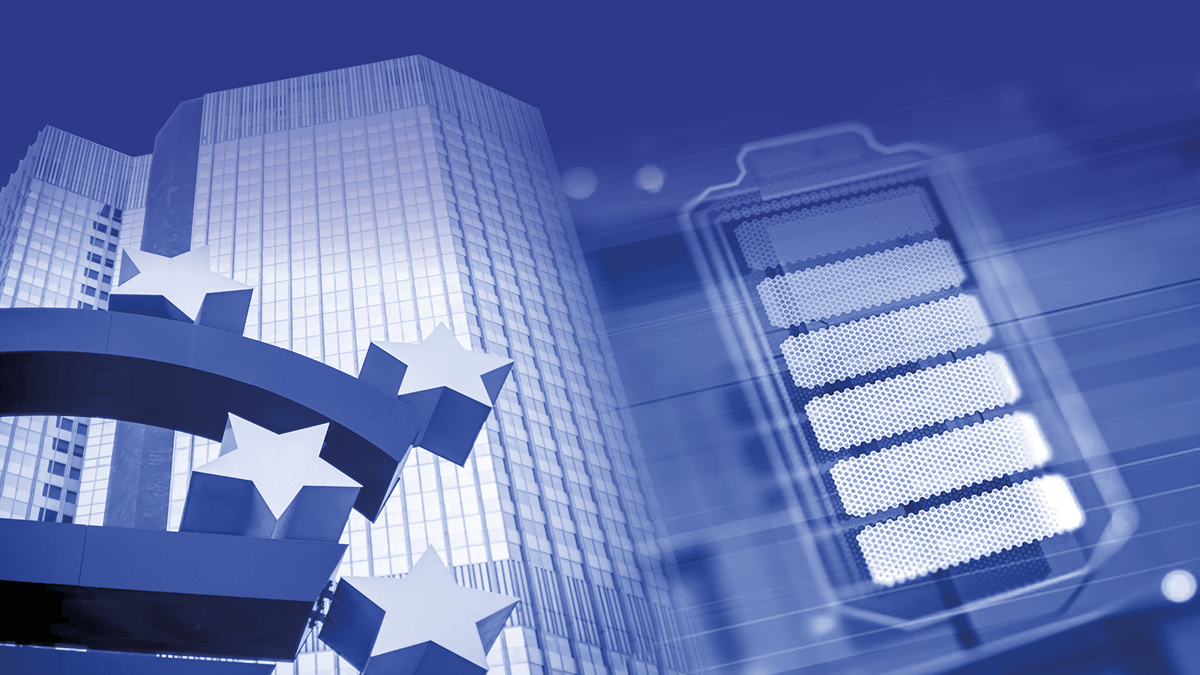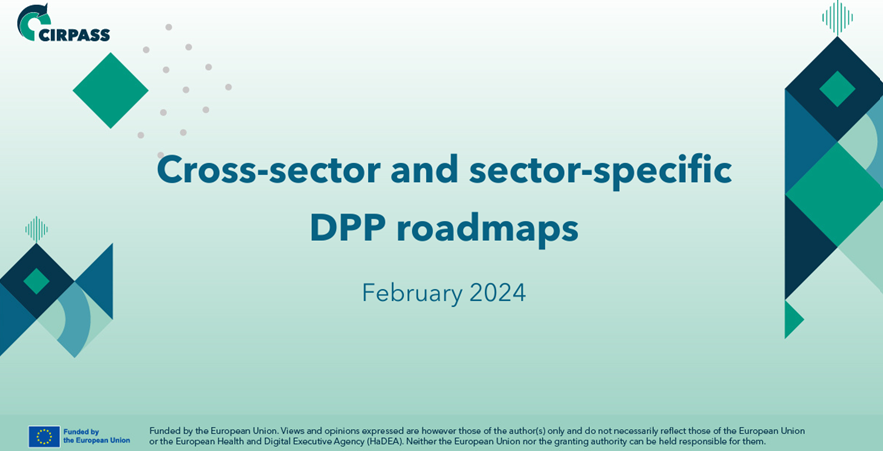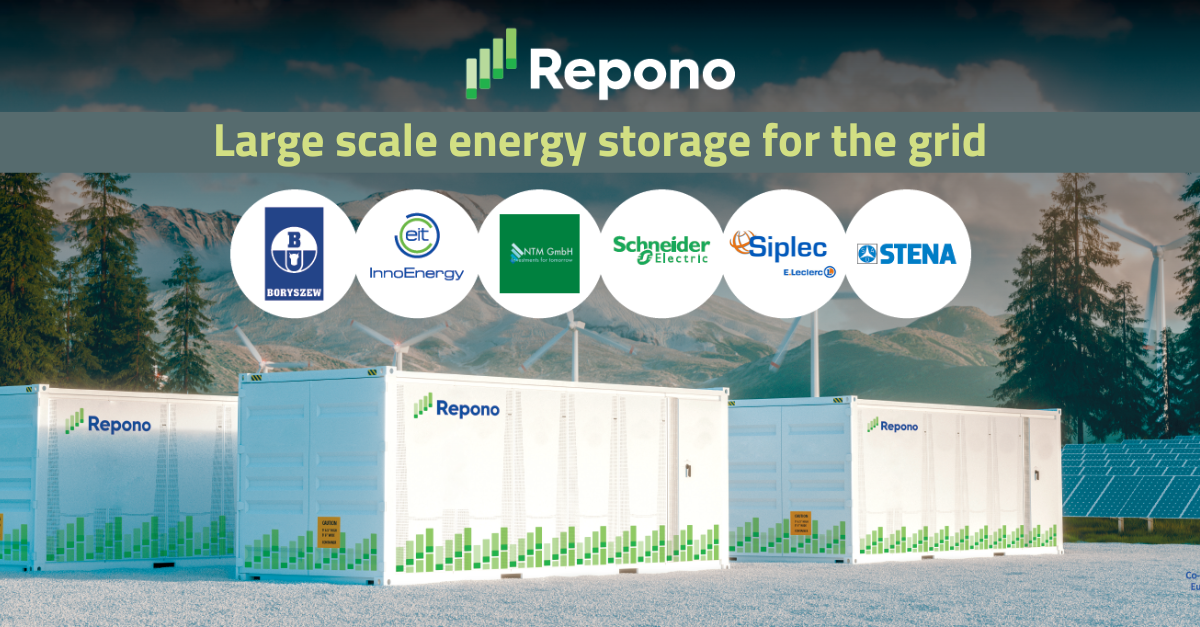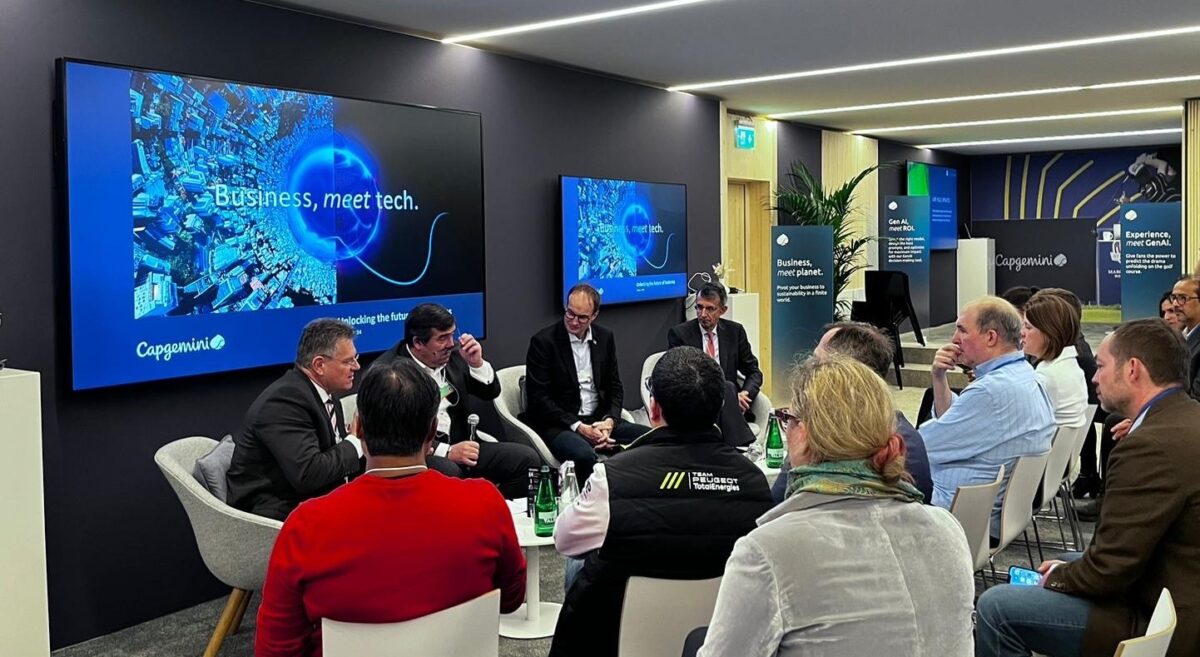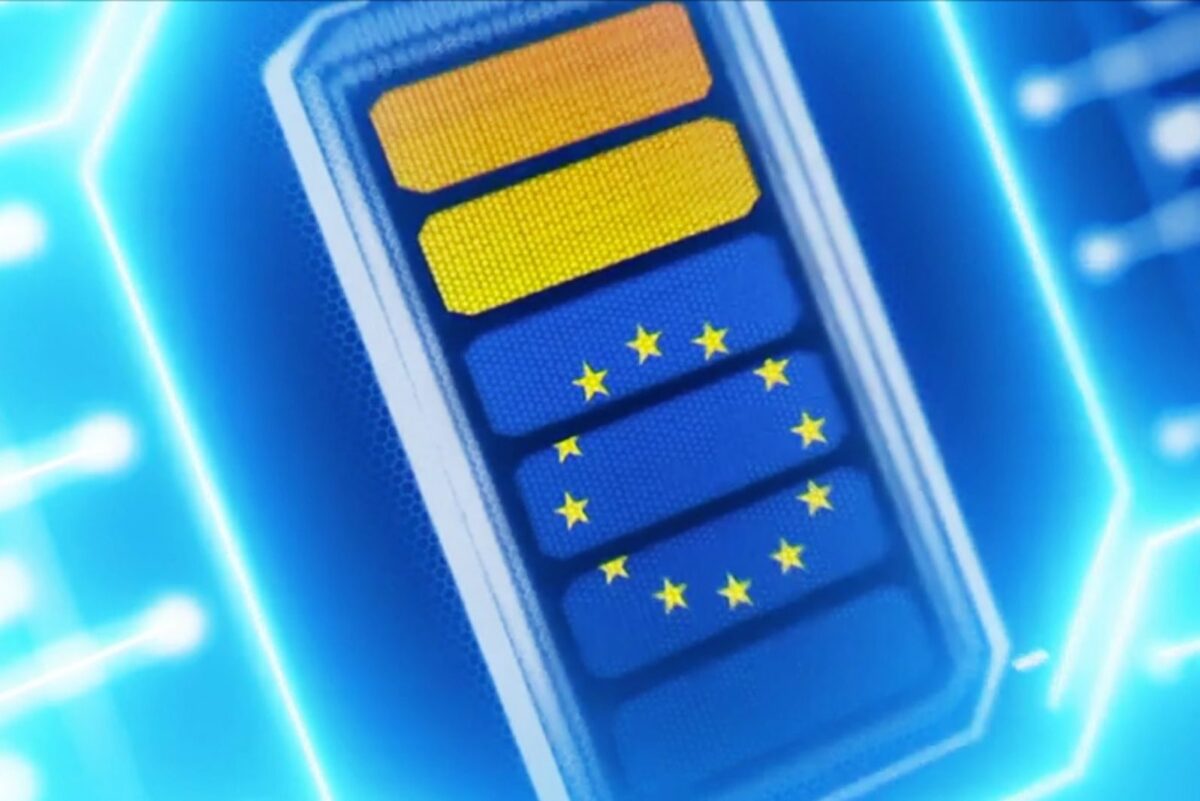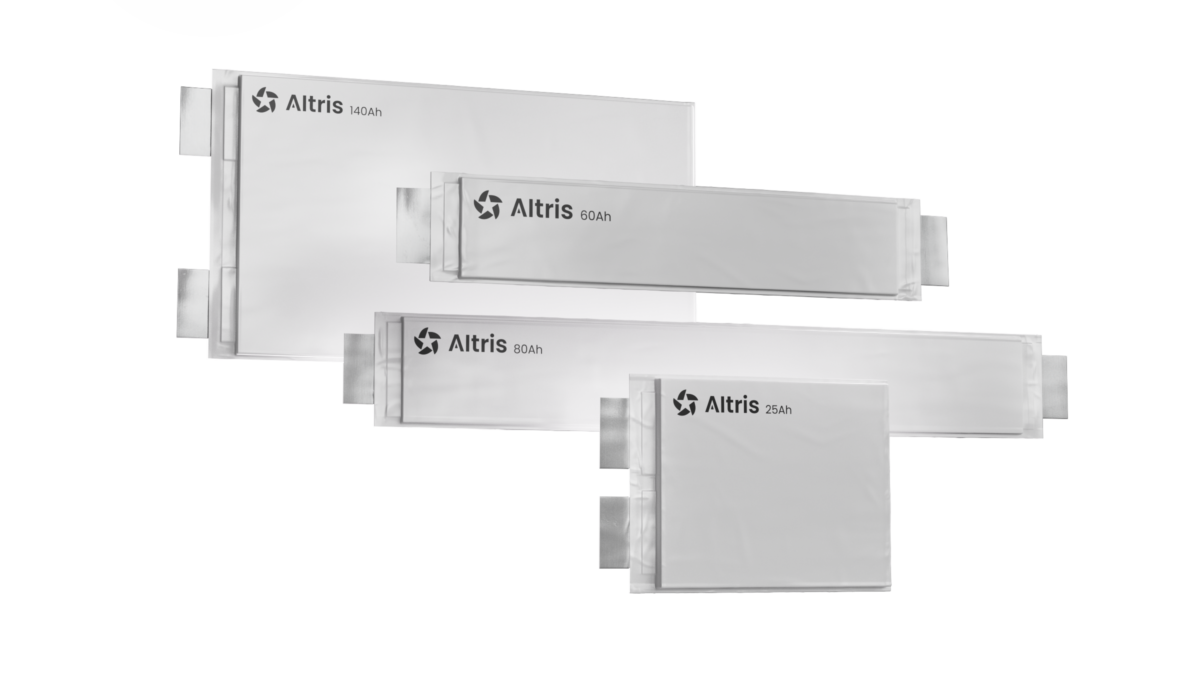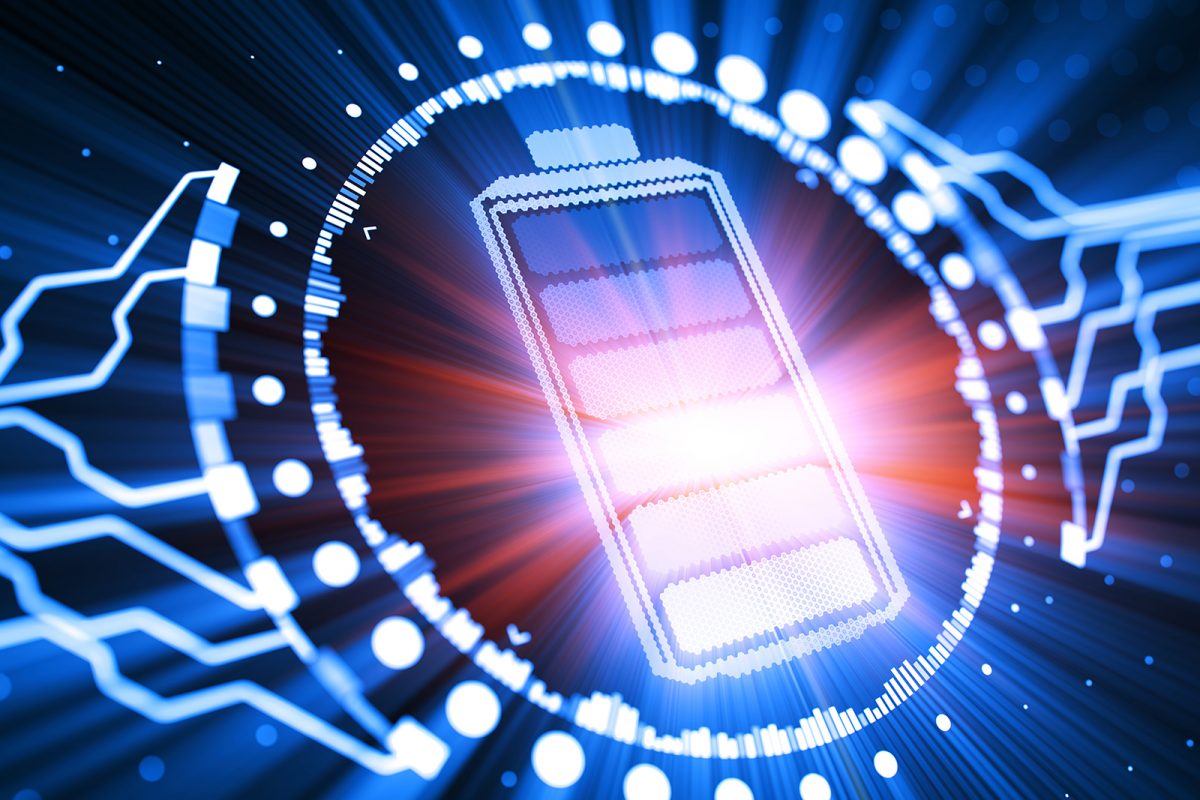
May 9, 2019
European Battery Alliance: major developments, that call for even stronger efforts
Last week, two consecutive events have demonstrated that the decision of Vice-President Šefčovič to launch the European Battery Alliance was a visionary idea.
On April 30, seven Member States confirmed their deep interest in mobilising funds to support the rapid expansion of their battery value chain, with concrete projects coming soon to reality. In front of them, Vice-President Šefčovič and Commissioner for Competition Margrethe Vestager, together with EIB Vice-President Andrew McDowell, reiterated the EU willingness to accompany this trend, Maroš Šefčovič underlining that the EU has “to act even faster”. [Read EC news and VP Šefčovič statement]
A few days later, the French and German finance Ministers, Bruno Le Maire and Peter Altmaier, said that 5 to 6 B€ would be invested in the battery sector, Maroš Šefčovič confirming that Brussels was prepared to approve 1.2B€ in public subsidies from France and Germany, with the official green light expected by October 2019.
These are major evolutions in a very short time. It means concretely that, thanks to the Important Project of Common European Interest (IPCEI) scheme, Member States will be able to mobilise public funding for R&I projects of a major innovative nature or industrial deployment projects allowing for the development of a new product or service with high research and innovation content and/or the deployment of a fundamentally innovative production process.
That represents a important piece of the jigsaw of the European Battery Alliance that complements the existing regulatory (e.g. revised “ecodesign” and “batteries” directives) and R&I (e.g. dedicated calls under H2020, European Technology and Innovation Platform, possibly a European Partnership on Batteries) tools supporting the rise of the European Battery Alliance.
It is worth saying that this IPCEIs will boost but not replace the investments immediately required all along the battery value chain to capture the European 250B€ market by 2025 and reach a 400GWh capacity by 2025. This is why Vice-President Šefčovič pointed out that such ambitions would require the mobilisation of massive financial resources, through an investment platform that will be created by InnoEnergy, with the EIB support. The objective is to make project owners and investors know each other better, and share respectively batteries value chain market knowledge and financial products available. This new EBA instrument will substantially de-risk and speed up investments.
We strongly believe that the combination of these different EBA initiatives will make the EU a major industrial actor in the battery sector. And as stresses by Maroš Šefčovič, it can also serve as a pilot for the future European industrial policy.
More EBA250 news
Following the recent announcement from EVP Šefčovič on the need to support manufacturing of…
Under the framework of the European Battery Alliance, the ‘One-Stop-Shop to EU Finance’ service…
In an era where the green transition is no longer a choice but a…
CIRPASS invites the EBA community to contribute to a consultation on the Cross-sector and…
EBA250 welcomes the release of a Strategic Research and Innovation Agenda for the EU…
Today marks the launch of Repono, a pan-European company focused on owning and operating…
18 January 2024, Davos: EIT InnoEnergy, the innovation engine for sustainable energy supported by…
EBA 250 welcomes the renewed commitment to the battery industry by the European Commission…
EBA250 continues to boost growth of the European battery industry On 2 December 2023,…
Last week some small but important steps for more battery materials produced in Europe…

